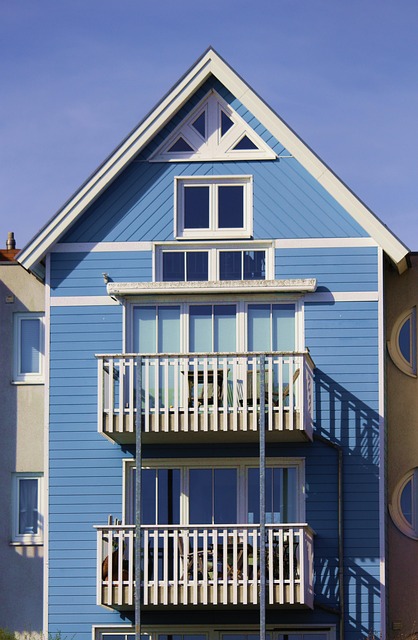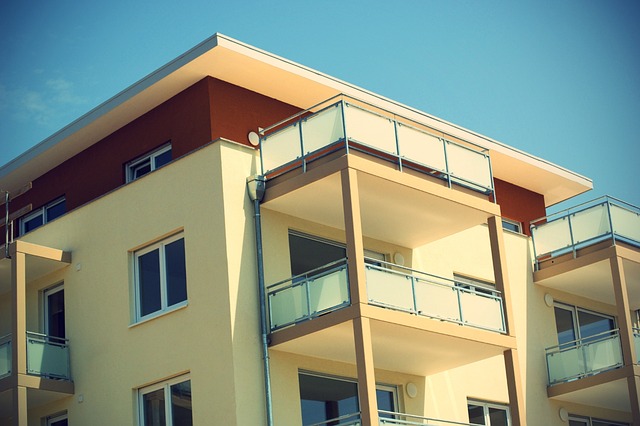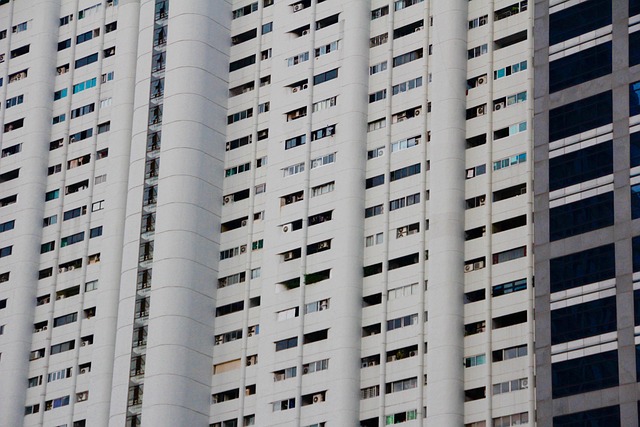In the competitive real estate market, understanding property turnover drivers like economic shifts and demographic changes is crucial for success. High turnover rates lead to rapid flipping, demanding consistent cleaning and maintenance. Real estate professionals thrive by adopting agile strategies, staying current on trends, and delivering exceptional service. Regular cleaning enhances property values, boosts tenant satisfaction, and encourages lease renewals, saving costs and fostering trust. Integrating technology, continuous training, clear communication, and tailored protocols optimize cleaning efficiency in dynamic environments.
In the dynamic world of real estate, high turnover rates can present significant challenges. Constantly changing tenants mean frequent cleaning is often required, impacting both property value and tenant satisfaction. This article explores the intricate relationship between high turnover and cleaning demands in real estate. We delve into strategies that optimize cleaning efficiency, ensuring a balanced approach to maintain property appeal and enhance tenant experiences. Understanding these dynamics is key to staying competitive in today’s market.
Understanding High Turnover Rates in Real Estate

In the dynamic realm of real estate, high turnover rates are a common phenomenon, especially in areas with vibrant markets and diverse buyer preferences. This rapid cycle occurs when properties change hands frequently within a short period due to various factors like economic fluctuations, changing demographics, or shifting consumer trends. For instance, a bustling metropolis might experience high turnover as folks move in and out for work opportunities, educational pursuits, or lifestyle changes.
Understanding these patterns is crucial for real estate professionals. Frequent cleaning and maintenance become essential practices to ensure properties remain attractive to potential buyers or tenants. By anticipating and addressing the needs of a constantly evolving clientele, agents and property managers can enhance their offerings, ultimately fostering a competitive edge in the market. This strategy involves staying agile, keeping up with industry trends, and providing impeccable service to mitigate the impacts of high turnover rates.
The Impact of Frequent Cleaning on Property Value and Tenant Satisfaction

Frequent cleaning can significantly enhance real estate property values and tenant satisfaction. A well-maintained and clean environment creates a positive first impression, which is crucial in the competitive real estate market. Tenants are more likely to be satisfied and renew their leases when they enjoy a comfortable and hygiene living space. Regular cleaning also prevents small issues from escalating into major problems, reducing the need for costly repairs and maintenance.
Moreover, a clean property presents a professional image to potential buyers or tenants. This is especially important in commercial real estate where first impressions can influence business decisions. Frequent cleaning demonstrates care and attention to detail, fostering trust and loyalty among occupants, ultimately contributing to higher retention rates and increased property value over time.
Strategies to Optimize Cleaning Efficiency Amid High Turnover

In the dynamic landscape of real estate, high turnover rates pose unique challenges for property managers and cleaning staff. To optimize cleaning efficiency, consider implementing technology to streamline processes. Digital scheduling tools and automated task management systems can help allocate resources effectively, ensuring that cleaning teams are where they’re needed most.
Additionally, fostering a culture of continuous training and clear communication is vital. Regularly updating cleaning protocols tailored to high-turnover environments ensures that every team member is equipped with the knowledge to handle different types of messes efficiently. Encouraging open dialogue also allows for quick adaptation to changing needs, ensuring that your cleaning services remain responsive and proactive in maintaining property standards.






